People
Founder
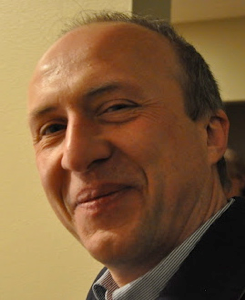
Zoran Josipovic, Ph.D.
Principal Scientific Investigator
Zoran is research associate and adjunct faculty for cognitive and affective neuroscience in the Department of Psychology, New York University. He founded Nonduality Institute, where he is the principal science investigator. His research interest are unitary states of consciousness cultivated through contemplative practice, what these states can tell us about the nature of consciousness and its relation to authentic subjectivity, and what relevance this may have for understanding the global and local organization in the brain.
Board of Directors

Stephen Greg Ascue
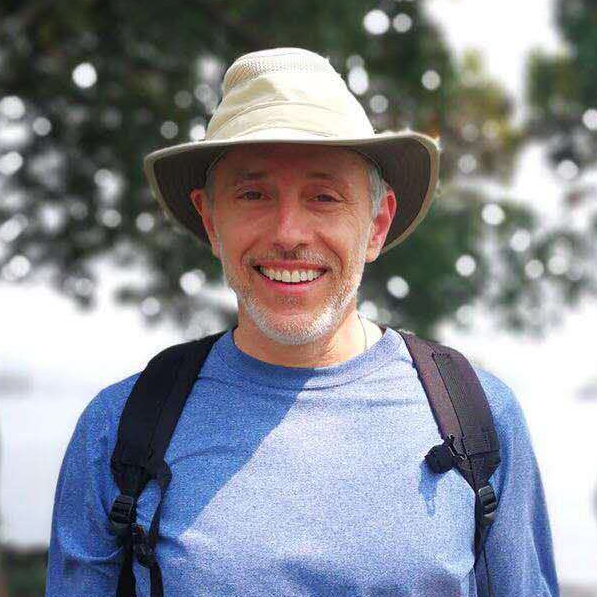
Forrest H Bennett III
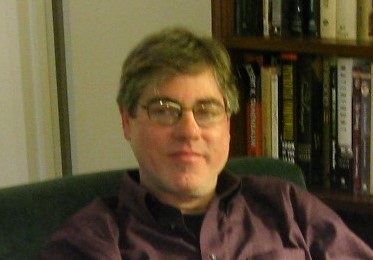
Barry H. Cohen, PhD
Scientific Advisory Board
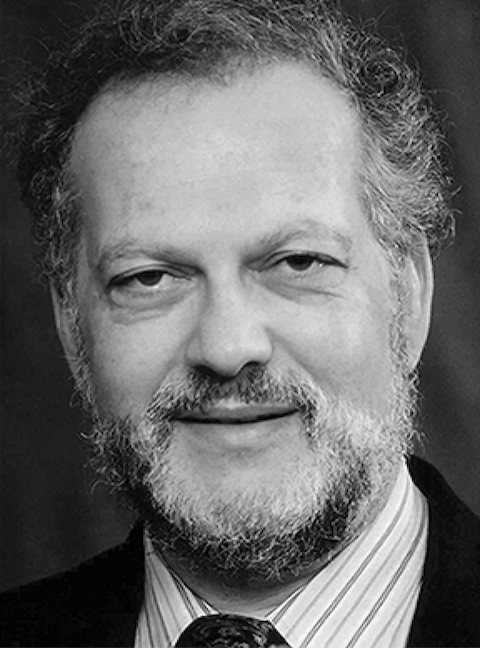
Bernard J. Baars, PhD
Dr. Baars is best known as the originator of the global workspace theory and global workspace dynamics, a theory of human cognitive architecture, the cortex and consciousness. Author of On Consciousness: Science & Subjectivity – Updated Works on Global Workspace Theory (Nautilus Press, 2019), his acclaimed books include The Cognitive Revolution in Psychology (Guilford Press); A Cognitive Theory of Consciousness (Cambridge University Press); In the Theater of Consciousness: The Workspace of the Mind (Oxford University Press); Cognition, Brain, and Consciousness: Introduction to Cognitive Neuroscience (Baars & Gage, Editions 1 & 2, Elsevier); and Fundamentals of Cognitive Neuroscience (Gage & Baars, Editions 1 & 2, Elsevier). A former Senior Fellow in Theoretical Neurobiology at The Neurosciences Institute in La Jolla, CA, Bernie is Editor in Chief of The Society for MindBrain Sciences. He is recipient of the 2019 Hermann von Helmholtz Life Contribution Award by the International Neural Network Society, which recognizes work in perception proven to be paradigm changing and long-lasting. Publications: BernardBaars.com

Aviva Berkovich-Ohana, PhD
Senior lecturer, Edmond J. Safra Brain Research Center, University of Haifa, Israel
Dr. Berkovich-Ohana is a senior lecturer, affiliated at the University of Haifa, Edmond J. Safra Brain Research Center, and Departments of Counseling and Human Development, as well as Learning, Instruction and Teacher Education. Her training included a PhD in Neurobiology at the Gonda Multidisciplinary Brain Research Center, Bar-Ilan University, Israel, and post-doctorate at the lab of Prof. Rafi Malach at the Weizmann Institute, Israel. Major research interests of her lab include the effects of contemplative mental training on consciousness, cognition and self-reference, as well as the possible applications to the field of Education. She is interested in the neural and cognitive processes underlying the sense of self, as well as its phenomenology. On the theoretical level, she is interested in conceptualizations of consciousness, and has developed a framework, named the Consciousness State Space (CSS). The CSS framework is a neuro-phenomenological model for consciousness and selfhood which relates time, awareness, and emotion within one field, thus creates a comprehensive theoretical framework with explanatory and unificatory power. She is the head of the University of Haifa Neuroimaging Forum, a member of the Mind Sciences In Society For Innovation (MSISFI) Consortium, and the organizer of two conferences on consciousness, Perspectives on Consciousness (Jerusalem, Israel, May 2019), and Neurophysiology of Silence: scientific and contemplative perspectives (Assisi, Italy, July 2019). Her research has been supported by TEVA’s National Network of Excellence, the Bial Foundation and the Mind and Life Institute.
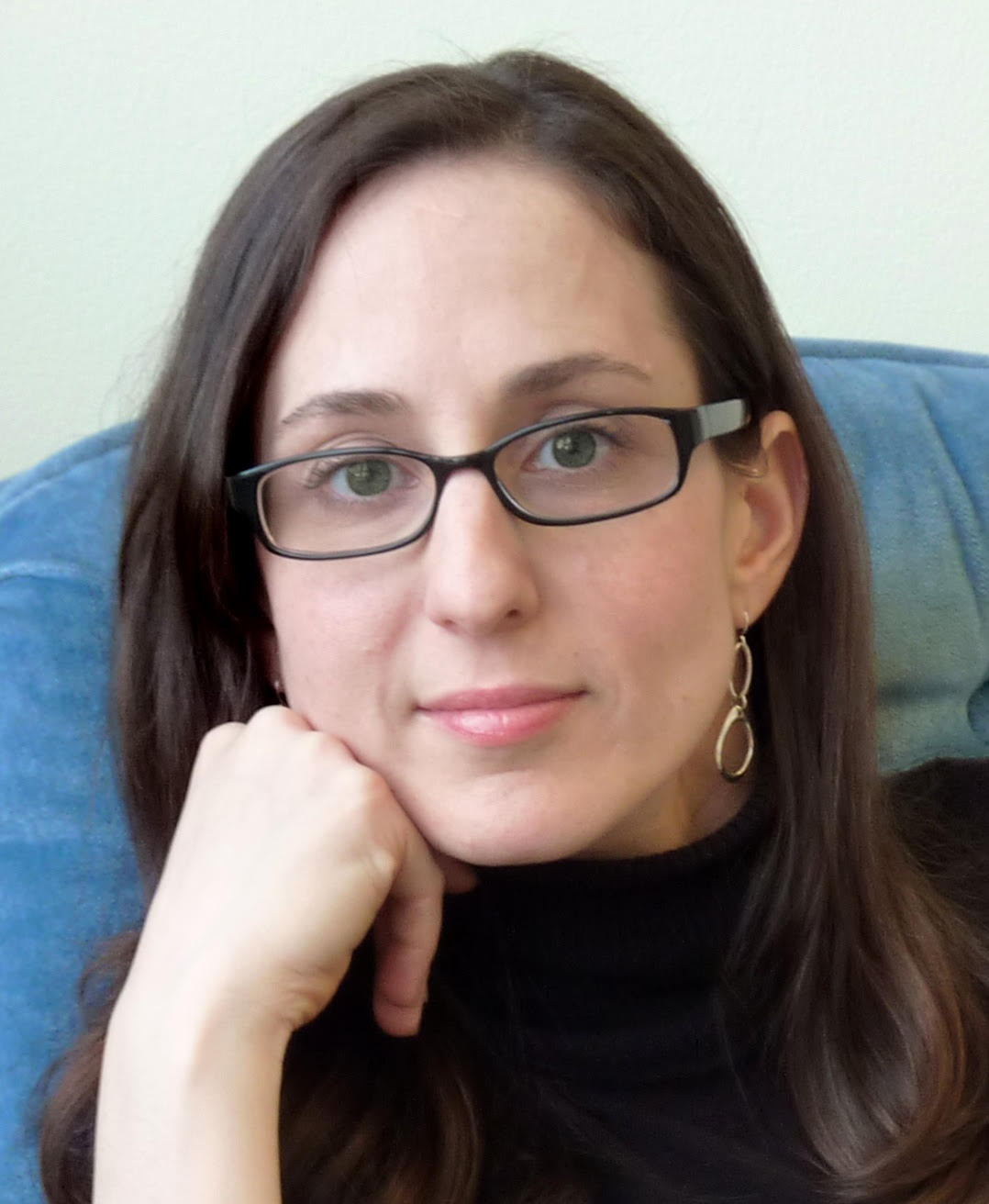
Hedy Kober, PhD
Associate Professor of Psychiatry and of Psychology, Yale University, New Haven, CT
Dr. Kober is Associate Professor of Psychiatry and of Psychology in the Department of Psychology, Yale University, New Haven, CT. She runs the Clinical & Affective Neuroscience Laboratory through the Department of Psychiatry. Her research takes a cognitive-neuroscience approach to clinical questions using state-of-the-art neuroimaging methods, and is organized around interrelated themes of craving, regulation of craving, substance use disorders, treatment for substance use disorders, neural mechanisms of change, emotion regulation in psychopathology, emotion-cognition interaction, and, mindfulness and meditation.
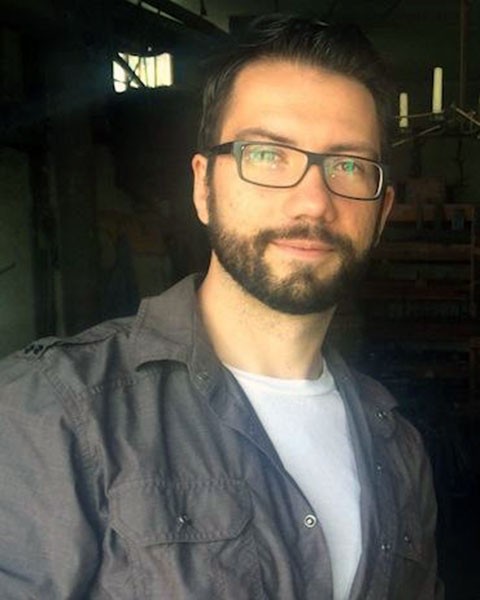
Vladimir Miskovic, PhD
Assistant Professor, Department of Psychology; State University of New York at Binghamton
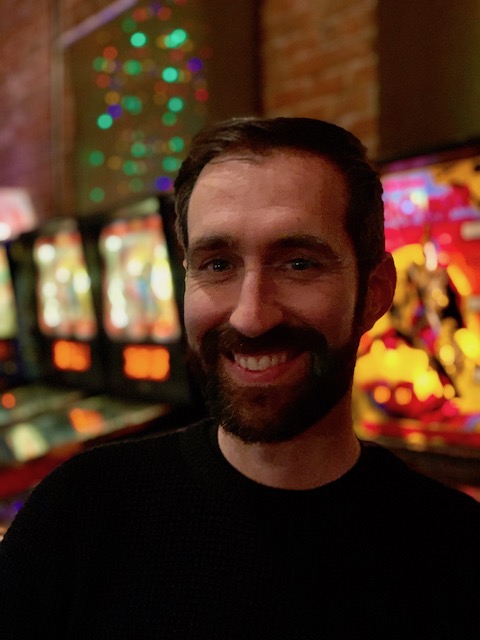
Jay Sanguinetti, PhD
Adjunct Professor University of Arizona, Research Assistant Professor University of New Mexico
Dr. Sanguinetti is an Adjunct Professor at the University of Arizona and a Research Assistant Professor at the University of New Mexico. His training was in philosophy, neuroscience, and cognitive psychology, and his dissertation investigated the neural processes of conscious and unconscious visual perception. Dr. Sanguinetti specializes in psychophysiological measures (EEG, fMRI, eye-tracking) of visual perception, emotion, and mindfulness meditation. His team investigates novel forms of brain stimulation, including the use of ultrasound and light-based stimulation to enhance memory, perception, and well- being. Dr. Sanguinetti has published widely, from topics on the neural basis of vision and the temporal dynamics of perception to understanding how the brain changes in Parkinson’s disease and schizophrenia. His current interests include using noninvasive brain stimulation to enhance cognition and well-being. Jay is presently investigating whether focused ultrasound neuromodulation can augment mindfulness practice in collaboration with Shinzen Young. They recently launched the Sonication Enhanced Mindful Awareness (SEMA) lab at the University of Arizona in collaboration with the Center for Consciousness Studies. The SEMA lab is developing accelerated mindfulness protocols for therapeutic interventions to treat addiction, chronic pain, and depression. Dr. Sanguinetti is the Assistant Director for the Center for Consciousness Studies, which runs the largest international conference on consciousness studies.
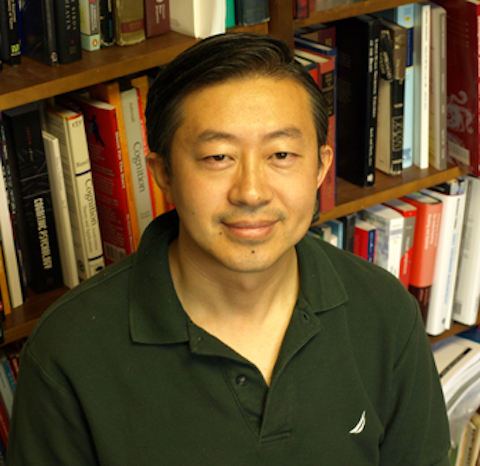
Yiyuan Tang, PhD
Presidential Endowed Chair in Neuroscience, Professor of Psychological Sciences and Internal Medicine, Texas Tech University
Dr. Tang’s basic research focuses on how environment or experience (stress, learning, training or culture) affects behavior (e.g., attention, emotion, self-control, health and wellbeing), physiology (e.g., cortisol, HRV) and brain plasticity over the lifespan using psychosocial, physiological, neuroimaging and genetic methods. His translational research focuses on the development and implementation of evidence-based prevention and intervention for behavioral problems and mental disorders such as stress related disorders, mood disorders, addictions, cognitive decline and AD. He developed a novel Integrative Body-Mind Training (IBMT) and have studied its mechanisms and effects in randomized clinical trials in healthy and patient populations since 1990s. A series of RCTs have shown that few hours of IBMT can significantly reduce stress hormone, improve immune function, cognitive performance and brain plasticity. He has published 8 books, such as The Neuroscience of Mindfulness Meditation: How the Body and Mind Work Together to Change Our Behavior, Brain-Based Learning and Education: Principles and Practice, and over 300 peer-reviewed articles including Nature Reviews Neuroscience, Proceedings of the National Academy of Sciences, Trends in Cognitive Sciences. These findings are reported in the scientific journals such as Nature, Science, Nature Review Neuroscience, Neuron, PNAS, and popular media including BBC, The Press Association, Reuters, TIME, New York Times and NPR. Dr. Tang received multiple awards including NIH Cutting-Edge Basic Research Awards and NIH Phased Innovation Award. More information on www.imcenter.net

Jochen Weber
Senior Data Analyst, Memorial Sloan Kettering Cancer Center, New York City.
Jochen Weber is Senior Data Analyst with Memorial Sloan Kettering Cancer Center, in New York City. Previously he was at Columbia University, in the Psychology Department and at Zuckerman Institute for Neuroscience, working on neuroimaging data analysis. For this purpose, he developed NeuroElf, a Matlab based toolbox for analysis of fMRI data. Next to his technical skills, he enjoys thinking about topics at the intersection of emotion, consciousness, and mental health.
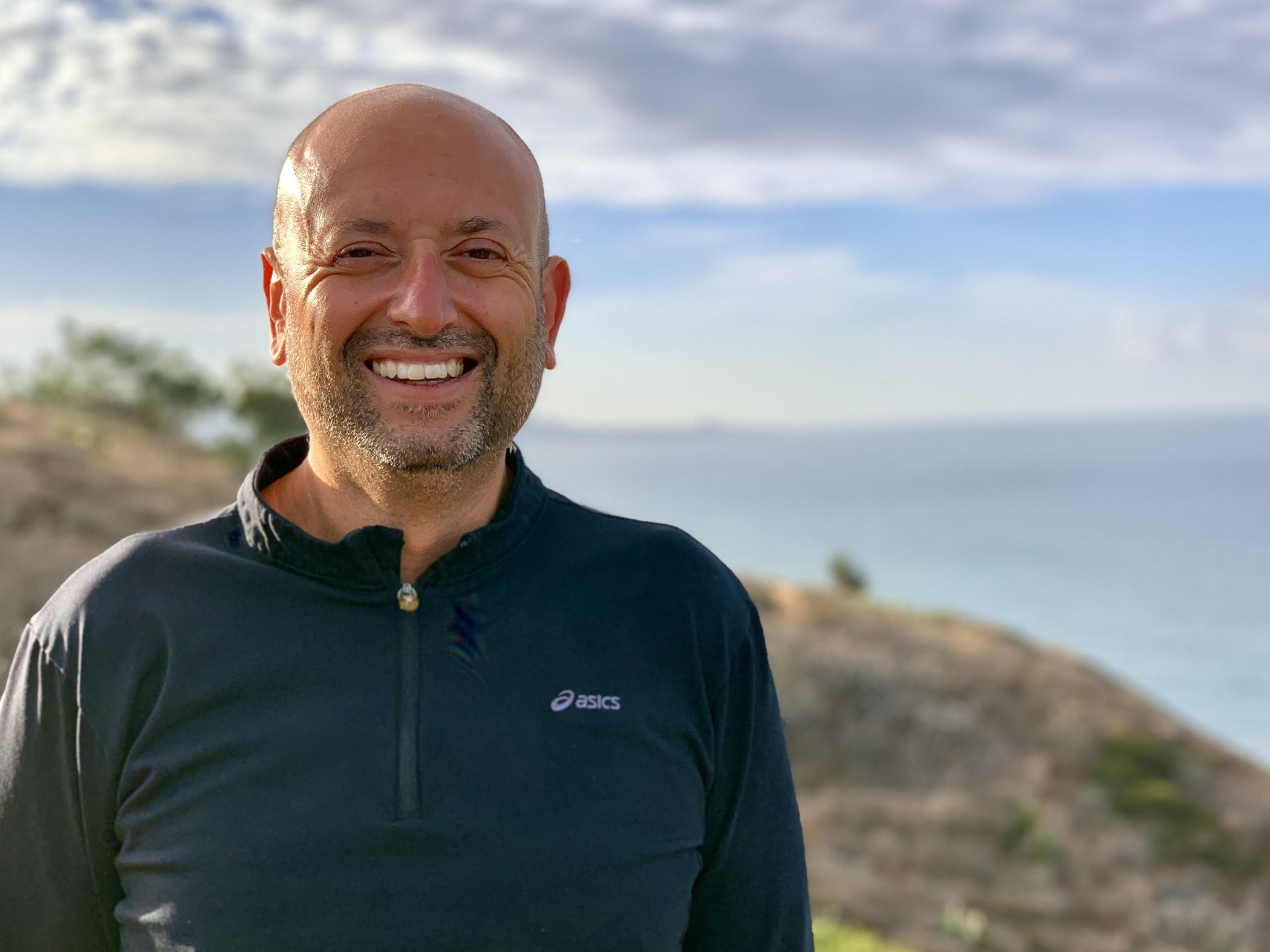
Fadel Zeidan
Associate Director for Research at the UCSD Center for Mindfulness, Assistant Professor of Anesthesiology, UCSD, San Diego, CA
Dr. Zeidan is the Associate Director for Research at the UCSD Center for Mindfulness and Assistant Professor of Anesthesiology at UCSD. He and his laboratory discovered the neural processes supporting mindfulness meditation and mindfulness-based pain relief. Recently, he and his team have demonstrated that mindfulness meditation is mechanistically distinct from and more effective than placebo, distraction, and relaxation. His research is currently funded by the National Center for Complementary and Integrative Health and has disseminated his findings through traditional media outreach (CNN, NPR, Time Magazine, CBS and others), Tedx, and recently personally presented his work to His Holiness, the Dalai Lama in Mongolia.
Research Assistants
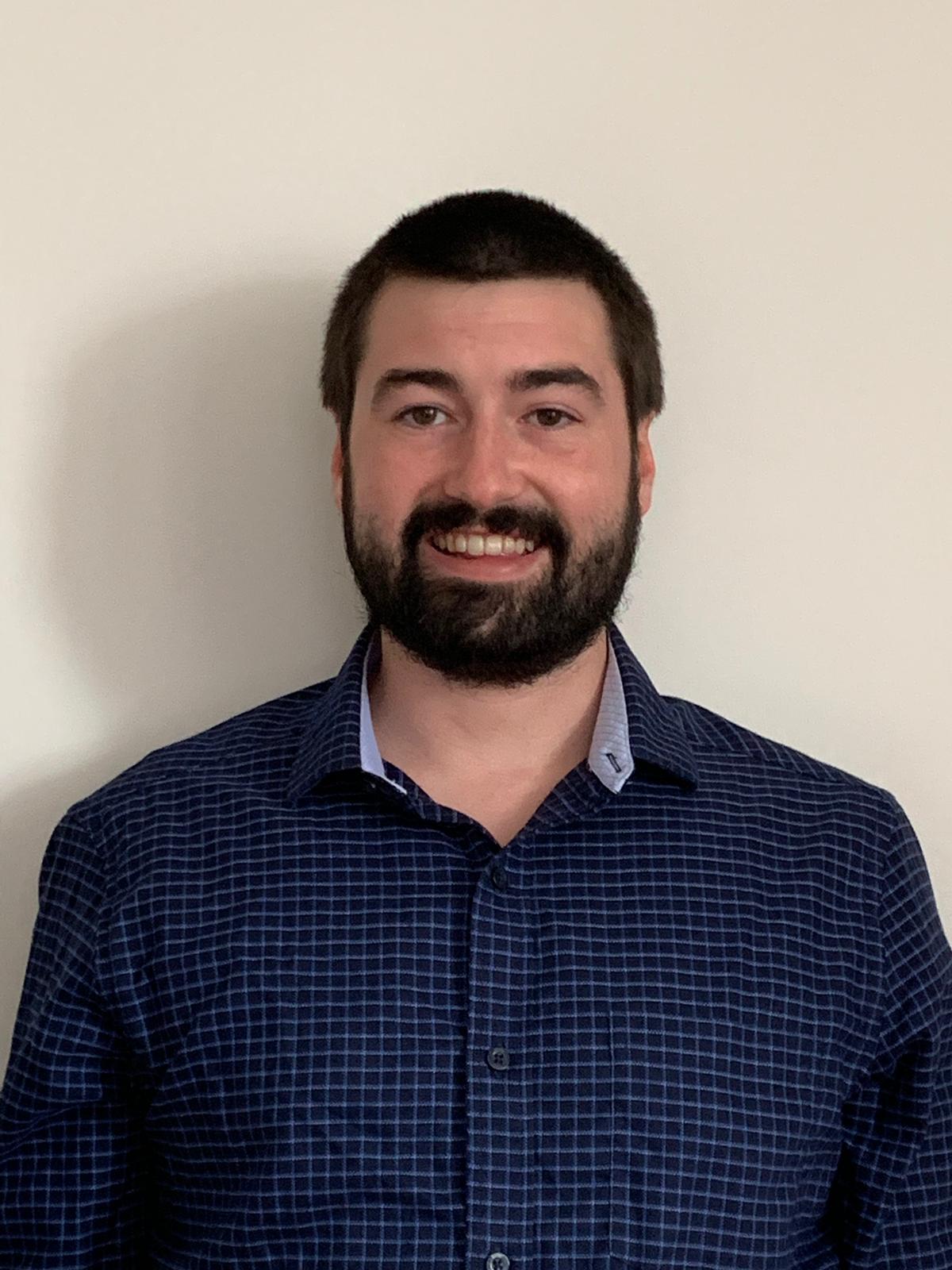
Michael W. Karlovich
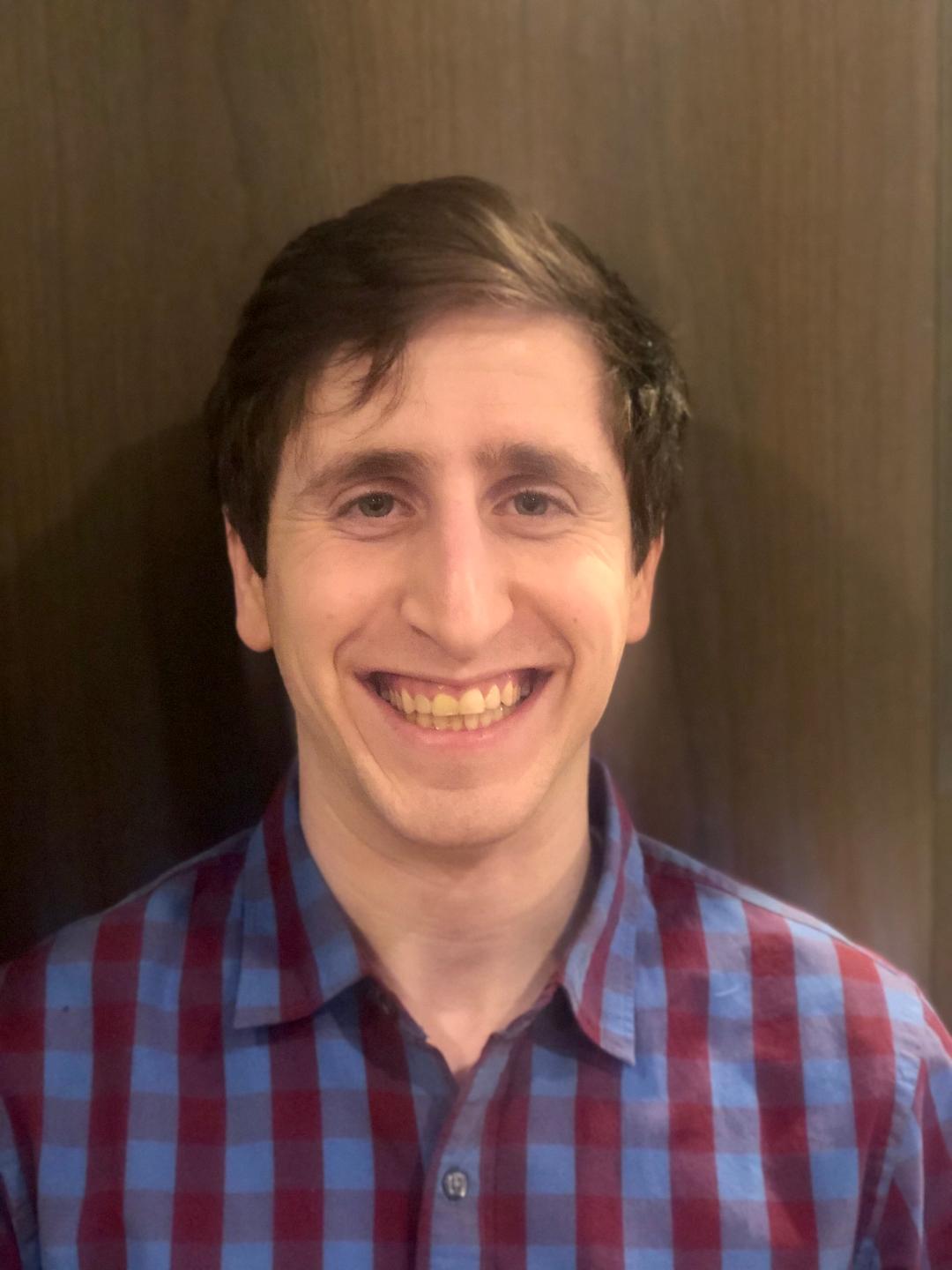
Daniel Grossman
Since graduating from Union College ’15 with a B.S. in Neuroscience, Dan has worked in diverse labs at Tel Aviv University, Yale School of Medicine, and most recently the National Center for PTSD in Boston. His work in psychology and neuroscience has spanned several research topics, including neural markers of decision-making processes, the impact of mindfulness training on stress-related symptoms of chronic liver disease, and a clinical trial of Tai Chi for Gulf War veterans with multi-symptom illness. Dan became interested in contemplative practice during his first year of college, and beginning in October of 2017 spent a year as a trainee at the Monastic Academy in Vermont. He currently plans to pursue a PhD in Clinical Psychology and is interested in studying the role of interoceptive awareness in treatment outcomes.
